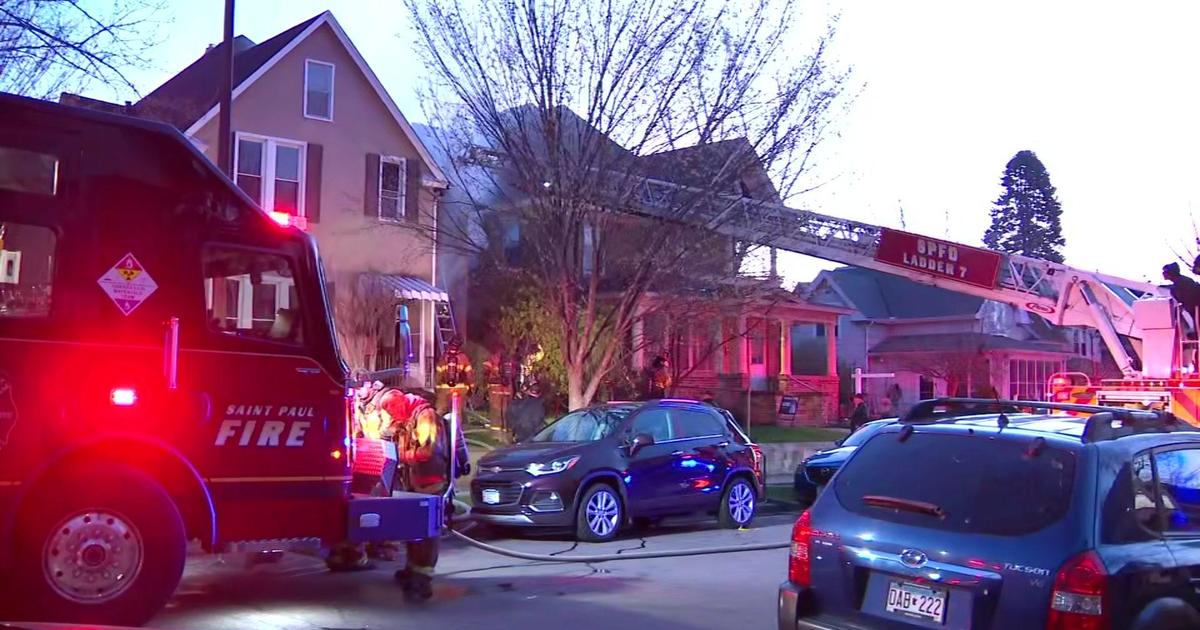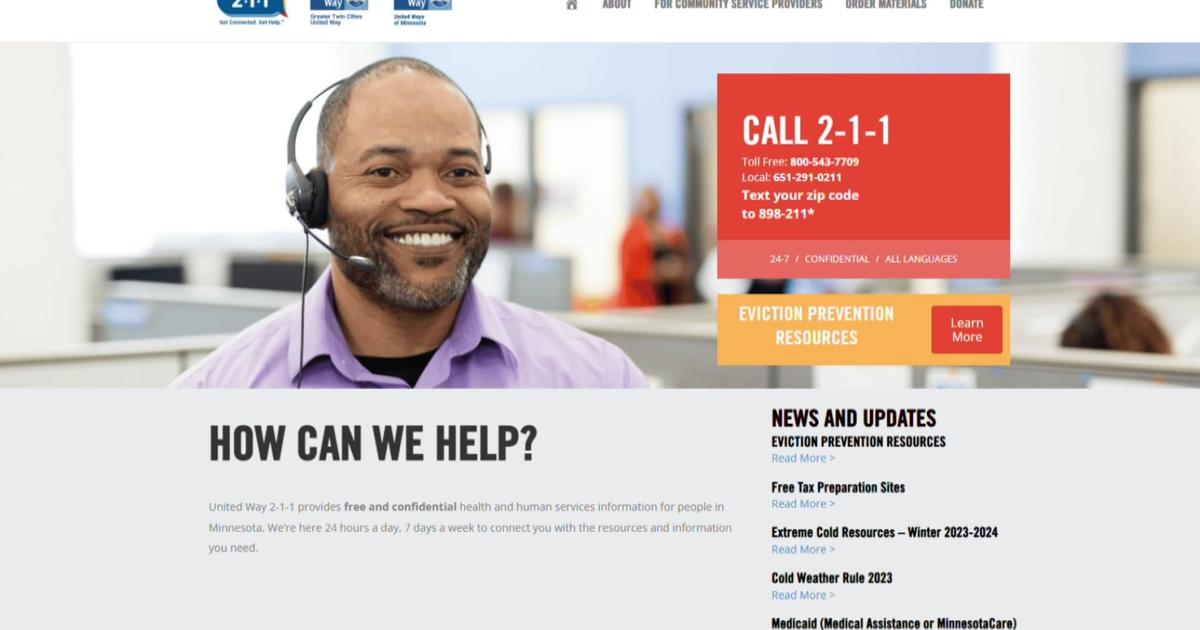Data shows St. Paul's basic income program helped women, people of color afford basic necessities
ST. PAUL, Minn. -- Data from St. Paul's guaranteed income program shows that funds were mostly spent on on basic necessities, and those who benefitted the most were women and people of color.
The program, which started in November 2020, provided 150 families enrolled in the city's college savings initiative with $500 a month in unconditional payments for an 18-month period.
The dashboard indicates that roughly 55% of the money was spent at discount superstores on items like food, clothes, household goods, and hygiene products. An additional 28% was spent at grocery stores, 5% was spent on transportation, and 4% went to housing and utilities costs.
Though the program did not target any particular gender or racial demographic, data shows that over 90% of the funds went to women, and 47% of participants were of mixed descent. Meanwhile 27% of the people in the program are white, 24% are African American, and 13% are Latino. The program says that guaranteed income is an effective way to improve racial and gender equity
"This movement is about investing directly in low-income children and families, and trusting them to spend it wisely," said St. Paul Mayor Melvin Carter. "I'm proud of Saint Paul's leadership in this national movement, and of these research findings which show our work is making a difference."
In June, Carter announced that the program would get a boost and would provide 333 low-income families with a combination of $500 each month for two years, and deposits of $1,000 in their child's college savings account.
The project is supported by $4 million in American Rescue Plan funds and $1 million in donations.



